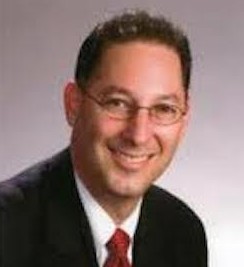Anyone who has ever played a video game or been in the same house with people who do play is aware that player participation can become tense. But video game competitions aren’t usually on the list for sporting events that are likely to erupt into violence. But on a Sunday afternoon, August 26th of 2018, a young man from Baltimore created a “first” in video gaming. He used a handgun to open fire on the active players, murdering two and injuring many more.
The event was unique in a lot of ways. As is normal for events such as the EA Madden Championship series, the competition was being broadcast via Twitch. Twitch is a program that allows video games to be recorded and broadcast while being played. Another interesting aspect of this event is that local law enforcement sent warnings out over social media, especially Twitter for people to stay away from the area, and for those who had found shelter to stay put until official help could reach them. “Do not run out from hiding,” the notices read.
Video game competitions have become big business. EA’s Madden games are one example of this, as are the highly attended and viewed Riot Games’ League of Legends. One player commented that as a competitive player, it increased the intensity of the experience to play in front of a live audience. David Katz, the shooter, was reported to have been “all business” the day of the shooting. He didn’t socialize with the other players or respond to greetings. Wired Magazine, which notes in an August 31, 2018 headline, “Sorry there just wasn’t a lot of fun stuff in games this week,” included in that article the information that $25k were riding on the game. David Katz had won $10,000 in the 2017 tournament. It is speculated that the shooting was an emotional response to losing.
As firsts go, this is one that almost everyone could have done without. Two players lost their lives and are commemorated in a front-page eulogy on EA’s website. Eleven other players were injured including Drini Gjoka, who Tweeted that the bullet had struck his thumb. The following day, August 27, he expressed condolences to the families of the two competitors who lost their lives, and thanks to the first-responders who took care of the injured at the scene. He also reported that he was at home with his family, and doing well.
Coming on the heels of the Parkland shooting, this becomes cogent material for forensic psychologists, the people who try to make sense out of such events. It also has implications for the gaming community where large gatherings to watch competitive gaming, as well as scattered smaller conventions, have become increasingly common. Coupled with recent legislation proposing options to arm teachers in schools, one must wonder about future security measures at any competitive gathering, not just those centering on video games. How can people of all ages be protected when they are gathered in large groups? What changes will the future bring to security measures or to social events? We hope that there will be answers.

